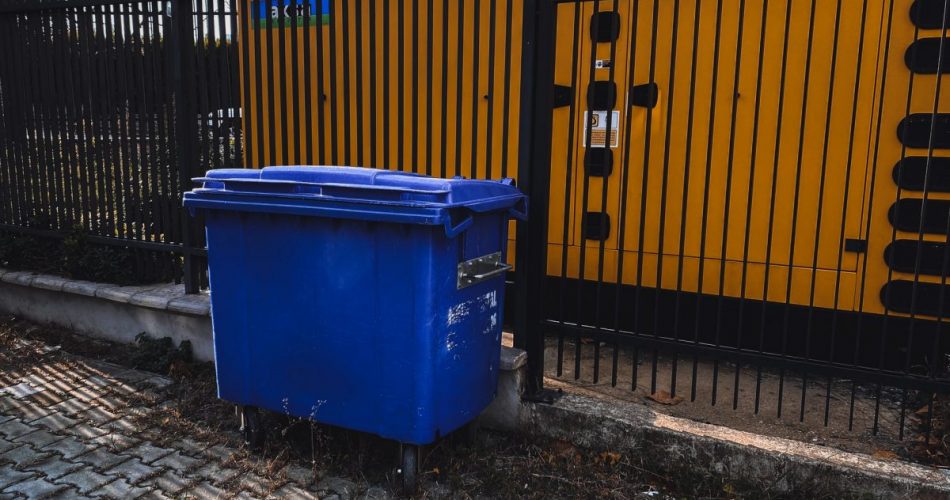| Srinivasan C. Ragothaman, William Wilcox, and Thomas L. Davies (2003) Garbage In, Garbage Out Waste Disposal Incorporated: An Audit Case. Issues in Accounting Education: August 2003, Vol. 18, No. 3, pp. 307-316.
EDUCATORS’ FORUM Srinivasan C. Ragothaman, Professor, William Wilcox, Assistant Professor, Thomas L. Davies, ProfessorUniversity of South Dakota. Bradley University. Waste Disposal Incorporated (WDI) became a major player in both the domestic and international trash collection industries during the late 1990s by aggressively acquiring a large number of local haulers. The company also diversified into recycling, water treatment, energy, power, and lawn care. This rapid expansion initially resulted in substantial profits and a skyrocketing stock price for WDI. The financial market’s desire for continued growth put intense pressure on the company to meet higher profit expectations. Increased government regulation of the waste industry and growing competition from smaller garbage haulers hindered WDI’s ability to meet those expectations. When extensive cost‐cutting measures failed to achieve their desired results, WDI’s management turned to other strategies to keep the company at the top of the industry. In this case, you will follow Jane Sweeny, an audit manager employed by Alfred Peterson LLP, as she completes her duties as manager of the WDI 1999 year‐end audit. Included in these duties is a review of the financial records, management’s accounting practices, and other relevant details of WDI’s audit. The review raises some doubts about the reasonableness of WDI’s financial statements in Jane’s mind. Jane also discusses her concerns with Peterson’s engagement partner and the WDI controller. |
CrossCheck is a multi-publisher initiative to screen published and submitted content for originality. The American Accounting Association uses the iThenticate software to detect instances of overlapping and similar text in submitted manuscripts. You can be assured that we are committed to actively combating plagiarism and publishing original research. View American Accounting Association’s plagiarism policy here. The American Accounting Association is the largest community of accountants in academia. Founded in 1916, we have a rich history built on leading-edge research and publications. The diversity of our membership creates a fertile environment for collaboration and innovation. Collectively, we shape the future of accounting through teaching, research, and a powerful network, ensuring our position as thought leaders in accounting. All full-text papers are provided in PDF format. All PDF papers are searchable using the “Find” utility in Adobe Acrobat Reader. All full-text papers provide links to references. |




